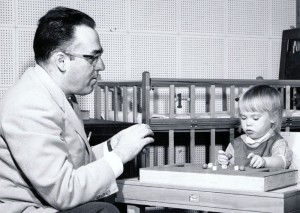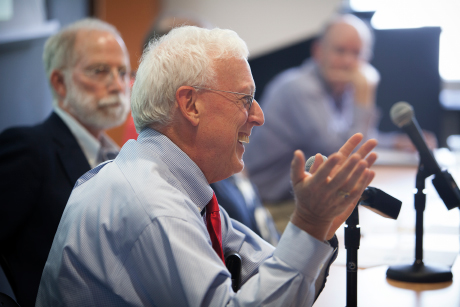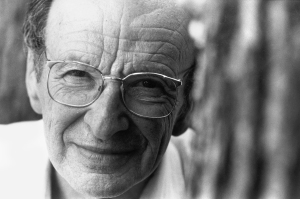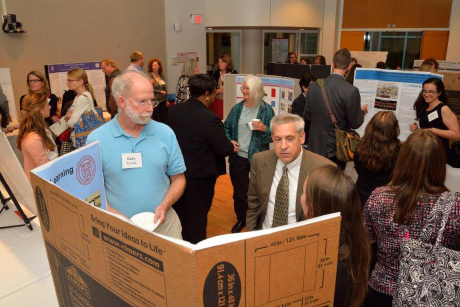By Karene Booker
Reprinted from Cornell Chronicle, October 9, 2014
Teaching adolescents to think more simply and categorically about risks helps them make healthier choices, finds a recently published, randomized experiment by Cornell psychologist Valerie Reyna. Her research shows that adolescents can be taught to think in these more protective, adult-like ways even though their brains are still developing, she says.
“We found that emphasizing bottom-line meaning was more effective than the standard approach for reducing risky sexual behaviors because such gist messages are preserved over longer periods and are key memories used in decision-making,” said Reyna, professor of human development in Cornell’s College of Human Ecology, reporting results from her extensive study testing interventions to reduce sexually transmitted infections (STIs) and unplanned pregnancy among adolescents.
“The goals of most risk reduction interventions are to enhance risk perceptions in order to overcome adolescents’ belief that they are invulnerable and to turn intuitive adolescent decision-makers into analytical, unbiased adults – but ironically, these aims are misguided,” Reyna said.
“Most adults reason more categorically than adolescents and base their decisions on the gist of information; they barely consider engaging in many high-risk behaviors because they intuitively grasp the risks and call up their experience and values more quickly,” she explained.
“Adolescents, on the other hand, take more time to weigh the benefits and risks, and often decide in favor of the benefits.”
Reyna and coauthor Britain Mills, Ph.D. ’09, developed a new risk-reduction program by incorporating her research on how adolescents reason into the proven sex education curriculum, Reducing the Risk (RTR). The main difference between the two curricula is that Reyna’s adaptation emphasizes framing typical sexual decisions in categorical ways that should promote risk avoidance (i.e. “even low risks add up to 100 percent if you keep on doing it”). Both curricula communicate the same facts about risk, but their gist-enhanced program, RTR+, promotes gist extraction, automatic retrieval of relevant personal values and automatic application of those values, Reyna and Mills say.
The effectiveness of the new curriculum was compared to the original and to an unrelated curriculum in a random, controlled trial design involving more than 700 youth in Arizona, Texas and New York. Participants took part in 14 hours of classroom instruction and activities, with follow-up surveys at completion and every 3 months up to a year after the intervention.
Reyna and Mills found that RTR+ produced improvements for 17 outcomes, whereas RTR produced improvement for 12. Effects of RTR+ were greater than RTR for nine outcomes and remained significantly greater than controls at one-year follow-up for 12 outcomes. Only RTR+ had a significant impact on measures of sexual behavior. Participants in the RTR+ group delayed initiation of sexual activity longer, had a lower increase in number of sexual partners, fewer unprotected sexual acts, less favorable attitudes toward sex and greater perception of risks of sex compared to the other two groups.
Their results suggest that by emphasizing gist representations, which are preserved over longer periods and are key memories used in decision-making, the enhanced intervention produced larger and more sustained effects on adolescent sexual risk taking, the authors say.
The study, “Theoretically motivated interventions for reducing sexual risk taking in adolescence: A randomized controlled experiment applying Fuzzy-Trace-Theory,” funded in part by the National Institutes of Health and the National Science Foundation, was published in the Journal of Experimental Psychology: General, 143(4).
Karene Booker is an extension support specialist in the Department of Human Development.







